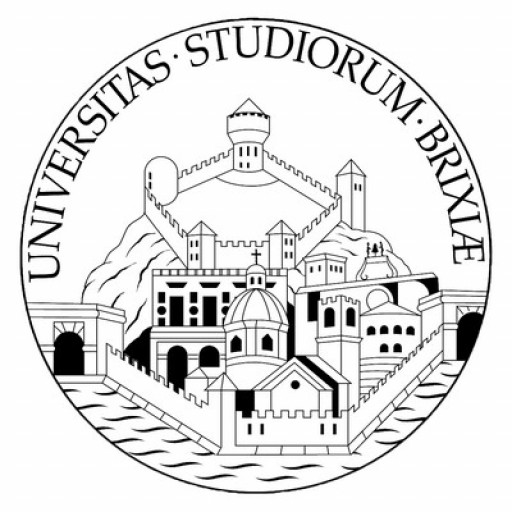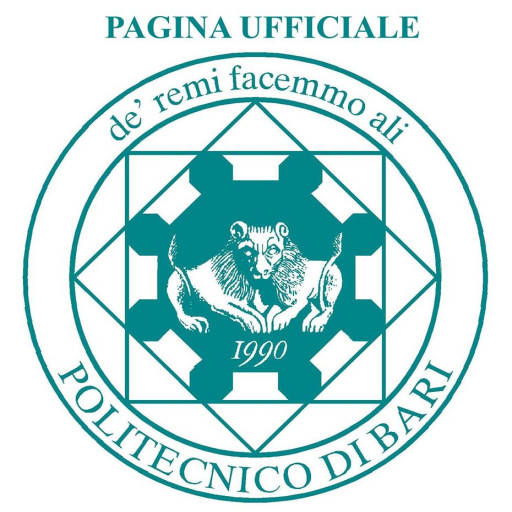Description
Advertisement
A research degree offers you the opportunity to develop your research skills and prove yourself as a researcher. Queen's is committed to the enhancement of research training and teaching and offers postgraduate research opportunities across all fields of study.
Research Strengths
The Environmental Engineering Research Centre (EERC) is a leading international, interdisciplinary Centre that enables scientists and engineers from all areas of environmental investigation to work on diverse, yet complementary research.
The dynamic nature of this research has been key to the EERC's success in attracting significant funding from UK research councils, government departments and agencies. Of the £7.2m in research income generated by the EERC since the last RAE (Research Assessment Exercise), around half has come from grants awarded by the Engineering and Physical Sciences Research Council (EPSRC) alone.
Special Features
A special feature of the EERC is the extensive and diverse range of research topics being researched by students and staff in the Centre.
Listed below is a selection of sample research titles:
* Bottom-hinged, seabed-mounted, flap-type wave-energy converter arrays
* Characterisation of the hydrochemical, hydrogeological and geophysical properties of poorly productive bedrock aquifers
* Comparison of numerical and experimental models for wave and tidal energy converters
* Direct tracing of re-aeration of surface waters
* Environmental and hydrodynamic monitoring of tidal current devices
* Geotechnical assessment of Norman earthwork
* Geotechnical engineering/ground improvement
* Groundwater management and groundwater/coastal water interaction
* Intelligent tracers for environmental and engineering systems
* Natural and enhanced mixing in saline stratified waters
* Soil nitrate extraction protocol and its effect on nitrate source tracing through stable isotopes
* The effect of vegetation and climate on the long-term stability of man-made slopes
* The impact of climate and settling on capping material for nuclear waste
Contents
You may study for the degree of PhD on a full-time or part-time basis, under the direction of a supervisor appointed by the University. You will be expected to submit your thesis at the end of three years of full-time registration and you will not normally be allowed more than four years in which to submit your thesis. If you are a part-time student you must satisfy the University that you will be able to meet your supervisor regularly, typically at least once a semester. You will be expected to submit your thesis at the end of six years of part-time registration and you will not normally be allowed more than eight years in which to submit your thesis.
For both full-time and part-time students, time spent in the achievement of a Masters degree will not be counted as part of the specified period of enrolment as a PhD student.
Requirements
Admission to a research degree (PhD/MPhil) normally requires at least a good second class Honours degree or an equivalent qualification. If you are not a graduate, you may still be admitted provided you hold a diploma or other qualification which the University deems to be the equivalent of a degree. After your initial registration, you will proceed to PhD study, pending successful completion of your School's differentiation process.
English Language requirements
The UK Border Agency (UKBA) requires universities to verify that non-EEA applicants have achieved a specified minimum level in English before we are permitted to issue the Confirmation of Acceptance for Studies (CAS) which you need to apply for a Tier 4 visa. As part of this process, the University must see evidence (normally the result of a UKBA-approved Secure English Language Test) of an applicant's English Language competence in the four components of language learning ie listening, reading, speaking and writing. Alternative qualifications may be acceptable to meet the UKBA's English language requirements, for example a degree or equivalent qualification from an institution in a country which is deemed by the UKBA to be majority English-speaking.
EEA nationals, and non-EEA applicants who are nationals of a country deemed by the UKBA to be majority English-speaking, will not be required to submit further evidence of English Language for visa purposes, but may be asked for evidence of English competency to satisfy University course entry requirements.
English Language Requirements
IELTS band: 6.5
IMPORTANT NOTE: Since April 2014 the ETS tests (including TOEFL and TOEIC) are no longer accepted for Tier 4 visa applications to the United Kingdom. The university might still accept these tests to admit you to the university, but if you require a Tier 4 visa to enter the UK and begin your degree programme, these tests will not be sufficient to obtain your Visa.
The IELTS test is most widely accepted by universities and is also accepted for Tier 4 visas to the UK- learn more.
Want to improve your English level for admission?
Prepare for the program requirements with English Online by the British Council.
- ✔️ Flexible study schedule
- ✔️ Experienced teachers
- ✔️ Certificate upon completion
📘 Recommended for students with an IELTS level of 6.0 or below.
Funding
Applicants from the UK and other EU countries
Please note: Where it states 'UK residents' qualifying residency and citizenship/nationality criteria apply.
* Department of Employment and Learning (DEL) Postgraduate Research Studentships
Funded by the Department of Employment and Learning, these are offered in most subject areas.
UK residents: fees plus maintenance
Other EU residents: fees only
* DEL (CAST) Co-operative Awards in Science and Technology
These awards are for specific research projects in collaboration with an industrial sponsor in the following Schools/areas: Biomedical Sciences in School of Medicine, Dentistry and Biomedical Sciences; School of Biological Sciences; School of Pharmacy; School of Mechanical and Aerospace Engineering; School of Planning, Architecture and Civil Engineering; School of Electronics, Electrical Engineering and Computer Science; School of Chemistry and Chemical Engineering and the School of Mathematics and Physics.
UK residents: fees plus maintenance
Other EU residents: fees only
A CAST studentship may also include a contribution from the industrial collaborating body.
Visit the School websites listed above for details concerning potential DEL CAST
Arts and Humanities Research Council (AHRC)
Awards are available for both Masters and Doctoral degrees in humanities subject areas.
Applicants should apply via Queen's for funding and should not apply directly to AHRC.
UK residents: fees plus maintenance
Other EU residents: fees only
Queen's School Funding Opportunities
Some Schools have funding available for postgraduate PhD or taught Masters courses.
North-South Postgraduate Scholarships
Scholarships are available for students undertaking a recognised Masters or the first year of a PhD programme (taught or research) in the other Irish jurisdiction.
Applicants from outside the EU
If you are applying to Queen's from outside the EU, you are advised to explore fully the funding opportunities for studying in the UK available from sources in your own country. Some closing dates are as early as a year before commencing studies, so please make sure to apply in good time.
Some of the main awards are listed:
Department for International Development (DFID) Shared Scholarship Scheme
This award is for specific one-year taught postgraduate courses. The award cover tuition fees, a maintenance grant and travel costs. Only students from developing Commonwealth countries are eligible to apply.
British Chevening Awards
* The Foreign and Commonwealth Office funds a number of British Chevening scholaships for postgraduate study, mainly for one-year taught Masters degrees.
* Candidates must apply directly to the University for admission before applying for a Chevening Scholarship. Contact the British Embassy, British High Commission or British Council Office in your own country.
Applicants from USA
If you are a US citizen, you are eligible to apply for the following awards tenable at Queen's
George J Mitchell Scholarships
Fulbright Scholarships
Mary McNeill Scholarship (for US and Canadian citizens undertaking MA Irish Studies








